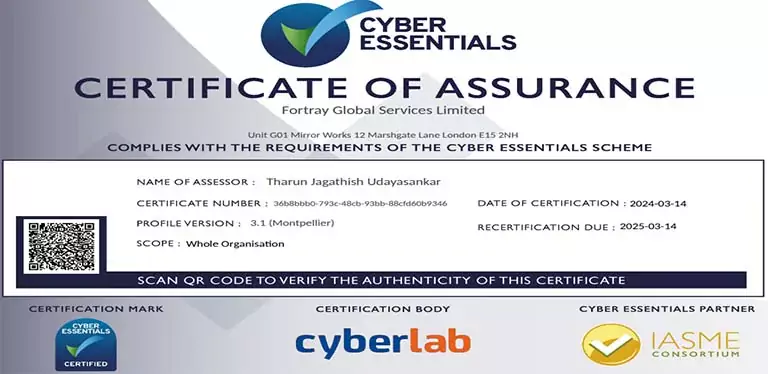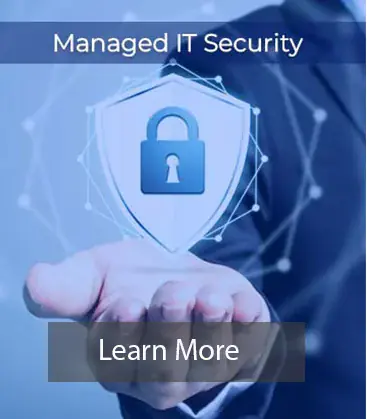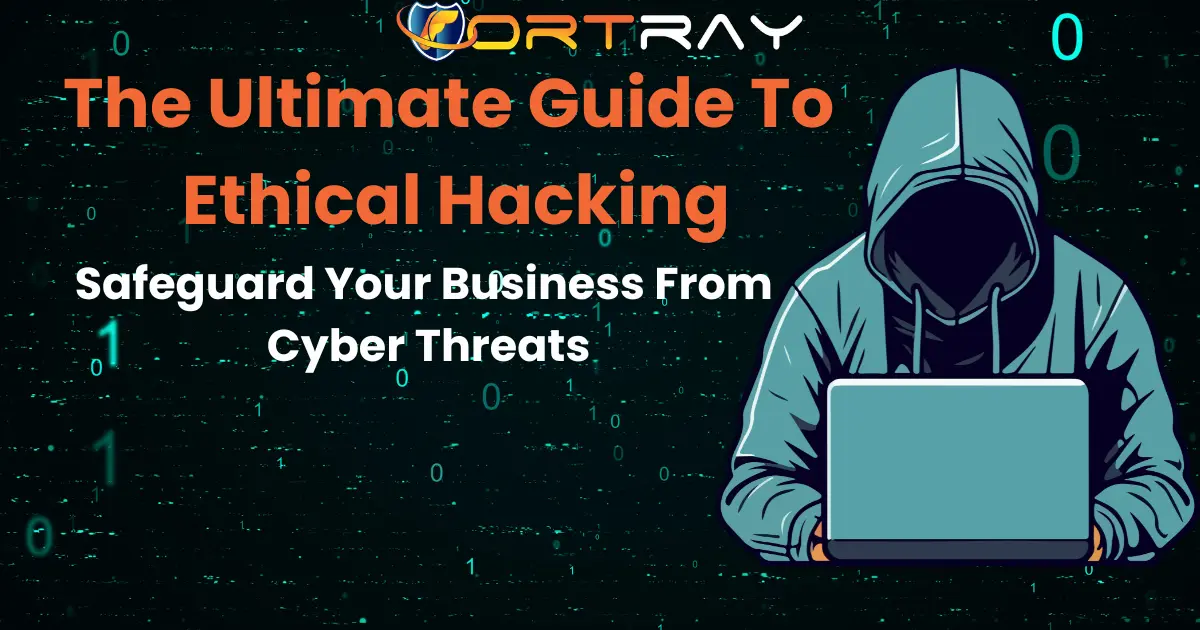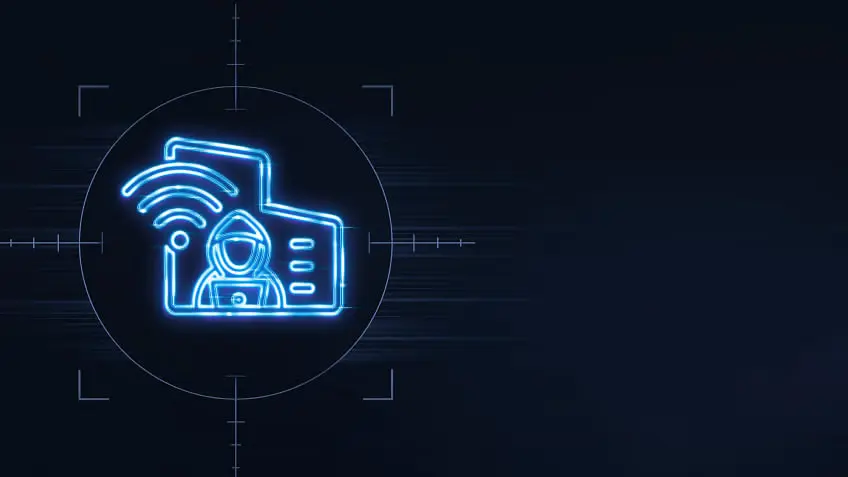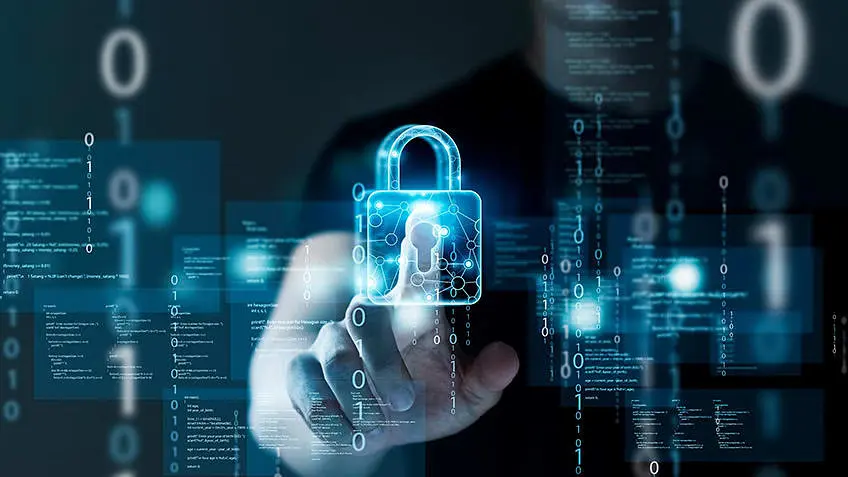- Multifaceted Motivations:Ethical hackers are driven by a blend of curiosity, community spirit, financial incentives, and the desire to do the right thing, highlighting their unique role in cybersecurity.
- Community and Recognition: Belonging to a community and gaining professional recognition are significant motivators, fostering a collaborative and competitive environment.
- Beyond Financial Rewards:While financial rewards from bug bounty programs are substantial, ethical hackers often spend considerable time on hacking activities driven by passion and the need to protect personal and public interests.
Why do individuals choose to become ethical hackers? Despite the negative connotations associated with the term “hacker, "it's crucial to recognize that ethical hackers are increasingly vital to cybersecurity. Their numbers are on the rise, and understanding their motivations is not just a matter of curiosity, but a key factor if you consider working with, hiring, or even becoming one yourself. What sets ethical hackers apart is their unique ethical approach, distinct from other hackers, which underscores their positive impact on cybersecurity. This ethical approach is a reassuring sign of the industry's commitment to maintaining security.
Handling Today’s Threatscape at Machine Scale
When you engage with individuals in the hacker community, you'll discover that the opportunity to earn cash rewards through bug bounty programs is a significant motivator for many. However, it’s not the sole motivator, and perhaps not even the most important. Some people are drawn to ethical hacking for the sheer enjoyment of hacking within legal boundaries. Others are motivated by the desire to test their cyber skills and build a strong resume. Some seek the sense of belonging that comes from being part of a community. This community spirit is a significant part of what motivates ethical hackers, fostering a strong bond among them. Understanding and respecting these diverse motivations is key to appreciating the mindset of ethical hackers.
It is not just about the money.
As in most side jobs, one must have capital for the hustle to work as an investment, a way of creating opportunities to earn an income. Although it may play a significant role in the process, it is not always the clinching factor. The most recent survey with an ethical hacker community revealed that money plays an important role. The pay can indeed be good, as it is shown that a third of all ethical hackers make at least a thousand dollars per month. However, there are many other incentives for becoming an ethical hacker than revenues. In the present scenario, the survey reveals that the community invests 60 percent of its time hacking at least 10 hours a week, 40 percent spends more than 20 hours, and 18 percent over 40 hours. This investment of time proves that ethical hacking is not just about the cash. Due to the talents of ethical hackers, it would be financially wiser for them to work as cyber security analysts.
It starts with curiosity.
In ethical hackers, the initial passion is often associated with a desire to solve a puzzle or understand how things are arranged. For instance, Sebastian Neef, a computer science Ph.D. student in Germany, began hacking at the age of 17 years. He said it was easy, but also, due to curiosity, he desired to determine administrators' actions when he informed them of system weaknesses. Seeing that some reeled out gratitude and addressed the vulnerability was great.
Belonging to a community has a strong appeal.
Ethical hackers create groups and communities where people communicate and are respected. Those communities are not like friendly football teams, where all the members struggle for one team’s victory but are very cutthroat in their competitions. The majority of the commonly known ethical hacking forums have a leaderboard. It is clear who is leading the rating, and everyone wants to be in this position. Somehow, ethical hackers are very much like everyone else in several ways. These include worrying about the security of the websites and other technologies they interact with daily. However, unlike most users, ethical hackers have the skills and knowledge to try the mentioned issues and guarantee that they are safe. And once you’ve been exposed to the immoralities in the world of technology and understand that you have what it takes to reveal it, it becomes hard not to. This is also one of the things ethical hackers consider while selecting their targets: the security of everyday technology. Apart from the bounty program, they are anxious about their and their friend's and families' well-being and cybersecurity.
Most of the time, they are motivated by their feelings of humanity, mainly whenever their efforts help to instigate firmer security standards that check the instances of future invasions. These professionals have the potential to do something that might seem impossible or unlikely to many in the cybersecurity field: Giving hacking a good name. Despite the negative connotations associated with the term "hacker," many people are drawn to ethical hacking for various reasons beyond financial gain. Understanding these motivations can provide insight into what makes ethical hackers essential to modern cybersecurity.
Financial Incentives
While money is not always the primary motivator, the financial rewards from bug bounty programs are significant. These programs offer substantial payouts for discovering and reporting security flaws. According to surveys, about one-third of ethical hackers earn at least $1,000 monthly from such activities, but many devote significant time to hacking beyond financial incentives.
Community and Camaraderie
Ethical hacking communities provide a sense of belonging and camaraderie. These groups often share tips, compete in leaderboards, and collaborate on projects. Events like capture-the-flag competitions and bug bounty meetups foster a strong community spirit among ethical hackers.
Protecting Personal and Public Interests
Ethical hackers are often responsible for protecting the technologies they use daily and safeguarding their friends and family. Their skills allow them to uncover and report vulnerabilities that could cause harm if malicious actors exploit them.
Professional Growth and Recognition
The field of ethical hacking offers autonomy, mastery, and recognition. Ethical hackers can work independently, applying their unique skills to identify weaknesses in systems. This independence and the recognition they receive for their work contribute to their professional satisfaction.
Doing the Right Thing
Ultimately, many ethical hackers are motivated to do the right thing. Identifying and reporting security flaws helps organizations strengthen their defenses against cyberattacks, contributing to a safer digital environment. Ethical hackers play a crucial role in cybersecurity by leveraging their skills and motivations to protect systems and data from potential threats. This multifaceted motivation underscores the importance of ethical hacking in today's increasingly digital world.

